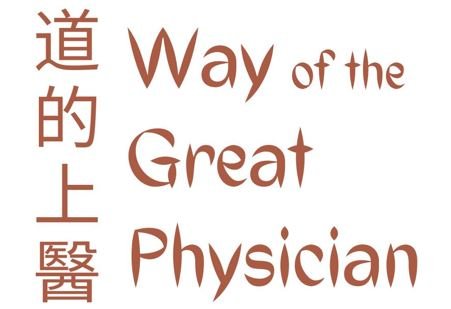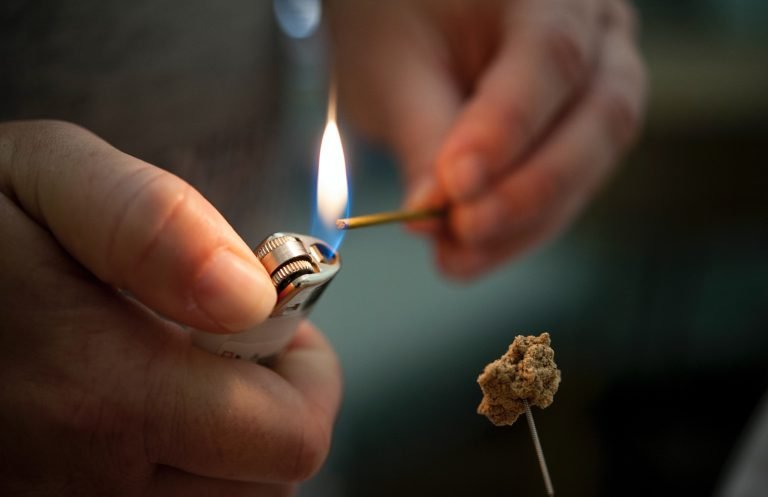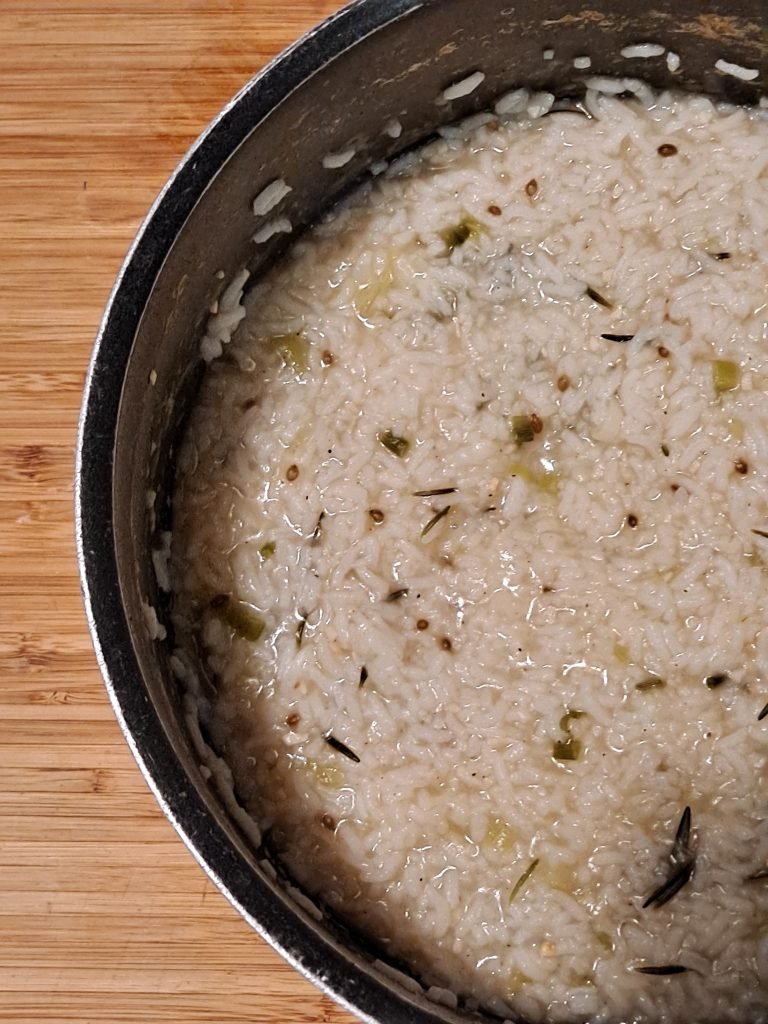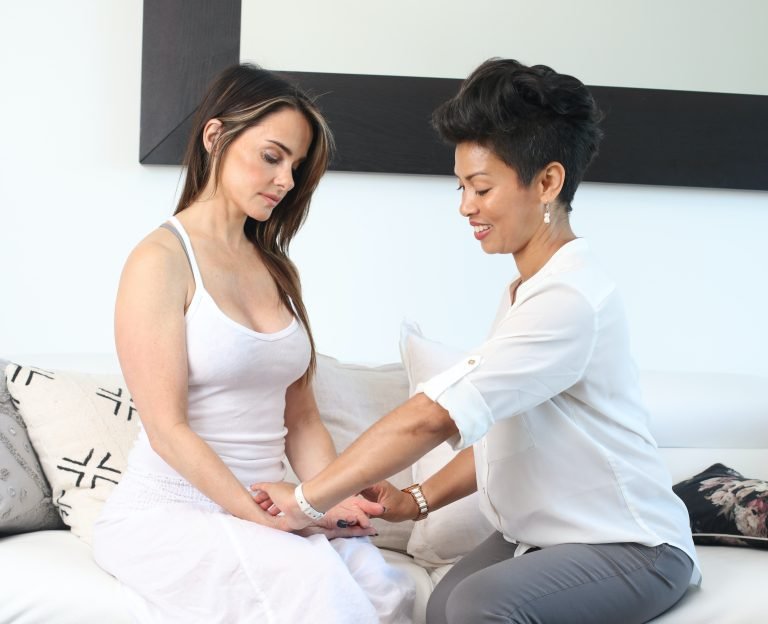You want to try out acupuncture, but you don’t know any acupuncturists. On top of it, those around you haven’t yet taken the step to try acupuncture and can’t recommend anyone. What do you do? How do you find the best person that can help you achieve your health goals? What types of appointments are there and how do you choose what you want?
As an aspiring acupuncturist who has received acupuncture more times than I can count, I have many thoughts and opinions on this subject. Others may disagree with my opinions, found near the bottom of the article, but they have been developed through my studies and experience working with and being treated by many different people. My goal of this article is to help you feel confident when you do a Google search on acupuncturists in your area, so you know what to look for and how to sift through all the information they provide.
Types of Sessions:
There are different types of acupuncture appointments, preferable to different types of people. Here are the three most common types:
Private Sessions
This is where you schedule a time slot with an acupuncturist. They take you into a private room with a massage table prepared just for you at that time to ask you questions and give you an acupuncture treatment. They may leave for moments at a time, but are nearby and ready to support you however you need.
Community Acupuncture
This is where you come in for your appointment, have a quick private intake with the acupuncturist to learn your goals of treatment, and then they take you into a large room with many recliner chairs and other people receiving acupuncture. You relax into the chair, they give you acupuncture, and they are almost constantly around checking in on and supporting others and you. This is one of the cheapest ways to enjoy acupuncture.
School Clinics
Another cheap way of receiving acupuncture is at a Chinese medicine school, if you happen to live near one. At my school there are three different types of appointments offered: (1) Observation shifts where the professor does the acupuncture and students just watch, (2) Clinical Mentorship Rotations (CMR) where the teacher tells the students where to put the needles and coaches them as they do the acupuncture, and (3) Intern shifts where the intern, in their last year of schooling, checks in with the professor but does the acupuncture largely without supervision. By coming to a teaching clinic, you are enabling the creation of great future acupuncturists. We can’t learn without patients! We have patients come to my school because they like the discounted price, but only prefer certain kinds of shifts with students more or less involved with their treatments.
Specialties
Each acupuncturist tends to have specialties. At my school we have different professors who specialize in musculo-skeletal pain and car accidents, or psycho-emotional and psychiatric conditions, or Japanese non-insertive acupuncture, or women’s issues, or general conditions. One professor even uses singing bowls, tuning forks, and essential oils with his acupuncture. There are many options, even beyond this list, and you need to pick which is best for you and your specific needs. But also note that even though someone says they specialize in one thing, acupuncturists should be able to treat just about anything.
Training
I have learned as a patient and as a student of Chinese medicine, that not all acupuncturists are created equal. Acupuncture is powerful in and of itself and the body is wise and will produce a positive result, but sometimes the result is not as directed as one would wish due to the lack of knowledge and/or skill of the acupuncturist. When it comes to choosing acupuncturists, I know that I am biased due to my training.
I am studying Classical Chinese Medicine, which is different from the more common Traditional Chinese Medicine. To understand their differences, one must understand the history of this medicine. (This all relates to choosing an acupuncturist. I promise!) Chinese medicine in whatever form has been around and practiced from the beginnings of China, about 2000 BC. It wasn’t until the Warring States Period (476-221 BC) and Western Han Dynasty (202 BC-9AD) when records started being written about this medicine they had been practicing. The medicine has been elaborated on and more deeply understood in the years since, but the root of the medicine was in these early ancient books.
After the turn of the 20th century, the government’s view of Chinese medicine changed dramatically as, on February 26, 1929, they severely restricted the practice of Chinese medicine, burning books, and killing doctors. When Mao Zedong established communism in China and brought back Chinese medicine, as it made the people self-reliant so they wouldn’t need the Soviet Union for western medical supplies. He created Traditional Chinese Medicine (TCM) to simplify Chinese medicine and make it accessible and easier for more people to learn. TCM is a type of “cookbook medicine” where if someone has this problem, you use these herbs and these specific points. For all cases like this. It made the medicine predictable and structured. Most acupuncturists practice TCM.
Since the development of TCM, there has been an increasing movement to leave the “cookbook medicine” and return to the original classics. To not just put acupuncture needles into points because that’s what the TCM textbook says, but to understand the why behind the points and be creative in choosing the best ones for a person because of their whole picture, not just part of it. This version of Chinese medicine, which I am studying, is called Classical Chinese Medicine (CCM). I have witnessed TCM practitioners treat family and friends and yield few results while CCM practitioners, due to their expanded way of looking at the medicine, are able to work what I believe are miracles.
Because of this history and personal experience, here are some things I look for when choosing or recommending an acupuncturist:
- Attended the National University of Natural Medicine (one of the few Classical Chinese Medicine schools in the USA)
- Classical Chinese Medicine
- White Pine Circle (a group of practitioners who study Classical Chinese Medicine)
- Shen-Hammer lineage
- Five Element Acupuncture (a style founded by Dr. Worsley)
- Kiiko Matsumoto Style
When you search on Google for acupuncturists in your area, briefly look at the specialties, and then jump right to their biography to learn about their training. From my experience, it’s training that really makes an acupuncturist the best for you and me.
If you have any questions about this process or need support finding an acupuncturist, please leave me a message in Contact and I would love to help you!
Sources:
Liu LH. Translated by Fruehauf H. Classical Chinese Medicine. The Chinese University of Hong Kong: 2019.










